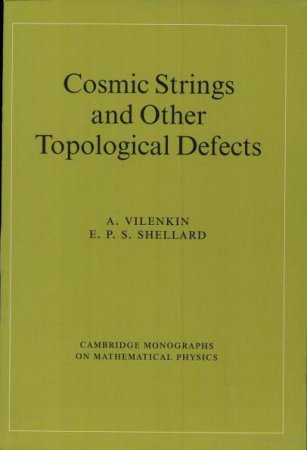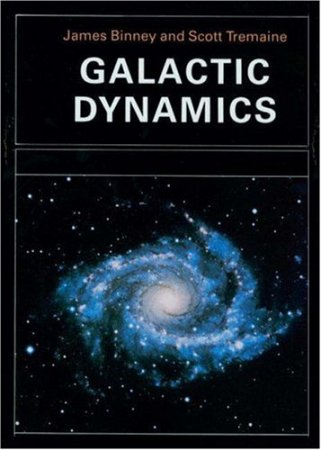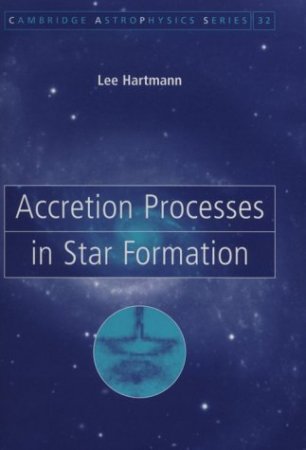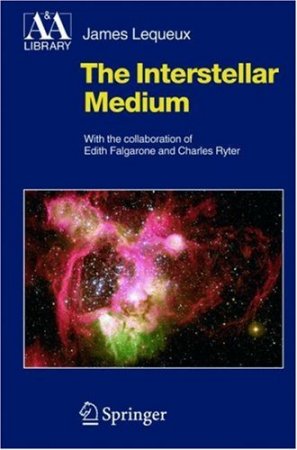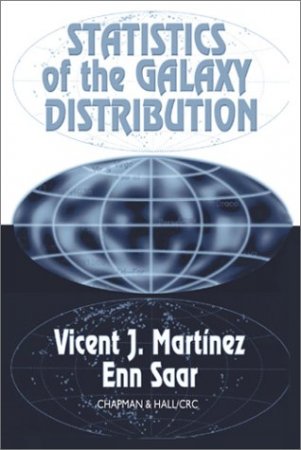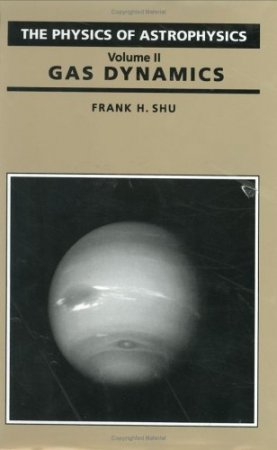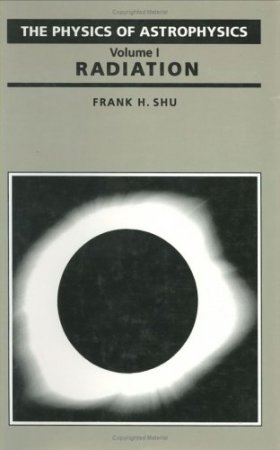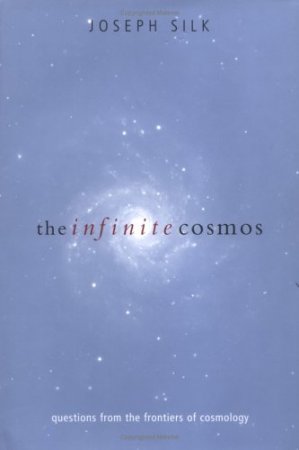НавигацияАрхив новостейСтатистика |
Quantum Theory, Black Holes and Inflation Cosmic Strings and Other Topological DefectsThis book is a comprehensive and coherent introduction to the role of cosmic strings and other topological defects in the universe. After an introduction to standard cosmological theory and the theory of phase transitions in the early universe, the book then describes, in turn, the properties, formation, and cosmological implications of cosmic strings, monopoles, domain walls and textures. It concludes with a chapter considering the role of topological defects in inflationary universe models. Ample introductory material is included to make the book readily accessible. It will be of interest to graduate students and researchers in particle physics, astrophysics and cosmology. Galactic DynamicsTwo of the world's leading astrophysicists, James Binney and Scott Tremaine, here present a comprehensive review of the theory of galactic dynamics at a level suitable for both graduate students and researchers. Their work in this volume describes our present understanding of the structure and dynamics of stellar systems such as galaxies and star clusters. Accretion Processes in Star FormationRecent discoveries of extrasolar planets and new direct evidence for protoplanetary disks around young stars have had a major impact on our understanding of star and planet formation. This volume provides a thorough, up-to-date, and concise overview of the physical processes involved in the formation of stars and their surrounding disks. The book traces the story of star formation from the fragmentation of cold molecular gas clouds, through the formation of protostars and rotating dusty disks to the subsequent accretion of material onto the central star. Lee Hartmann integrates state-of-the-art theoretical models with recent observations, highlighting important problems that remain to be solved. The Interstellar MediumDescribing interstellar matter in our galaxy in all of its various forms, this book also considers the physical and chemical processes that are occurring within this matter. The first seven chapters present the various components making up the interstellar matter and detail the ways that we are able to study them. The following seven chapters are devoted to the physical, chemical and dynamical processes that control the behaviour of interstellar matter. These include the instabilities and cloud collapse processes that lead to the formation of stars. The last chapter summarizes the transformations that can occur between the different phases of the interstellar medium. Emphasizing methods over results, The Interstellar Medium is written for graduate students, for young astronomers, and also for any researchers who have developed an interest in the interstellar medium. Statistics of the Galaxy DistributionIn the last decade, statisticians have developed a set of new statistical tools and approaches for the field of spatial point processes. At the same time, observational efforts have provided a huge amount of new cosmological data to be analyzed. For the first time in book form and within a single volume, this text presents the state-of-the-art in the use of statistics in cosmology. After reviewing the standard model of the universe and our current knowledge of its structure, the authors focus on extracting a detailed statistical description of the distribution of galaxies and how this description relates to major cosmological questions. The Physics of Astrophysics Volume II: Gas DynamicsThis two-volume text is for new graduates on astronomy courses who need to get to grips with the physics involved in the subject. Four problem sets, averaging three problems per set, accompany each volume. The problems expand on the material covered in the texts and represent the level of calculational skill needed to write scientific papers in contemporary astrophysics. Volume I. "Radiation" deals with the emission, absorption, and scattering of radiation by matter, radiative transfer, statistical physics, classical electrodynamics, and atomic and molecular structure. Volume II. "Gas Dynamics", is a self-contained textbook. It can be used as the text for a one semester course on the interactions of matter and radiation and electromagnetic fields of macroscopic scale in both the strongly collisionil and collisionless regimes. It covers single-fluid shocks, and fronts; mapetohydrodynamics and plasma physics, their applications to self-graviting spherical masses, accretion disks, spiral density waves, star formation, and dynamo theory. Over 200 photos, line drawings, and tables amplify the major points of the text. The Physics of Astrophysics Volume I: RadiationPresented in two volumes, The Physics of Astrophysics is ideally suited for a year-long astrophysics course for university seniors and first-year graduate students. The first volume deals with the emission, absorption, and scattering of radiation by matter, as well as covering related topics such as radiative transfer, statistical physics, classical electrodynamics, and atomic and molecular structure. The Infinite Cosmos: Questions from the Frontiers of CosmologyThis excellent text offers comprehensive treatment of the light-scattering properties of small, independent particles, covering both basic scattering theory and particular computations with different kinds of particles. It includes a full range of useful approximation methods for researchers in chemistry, meteorology, and astronomy. |
ПопулярноеКалендарь
ОпросОцените дизайн сайта
Немного рекламы |
|||||||||||||||||||||||||||||||||||||||||||||||||

